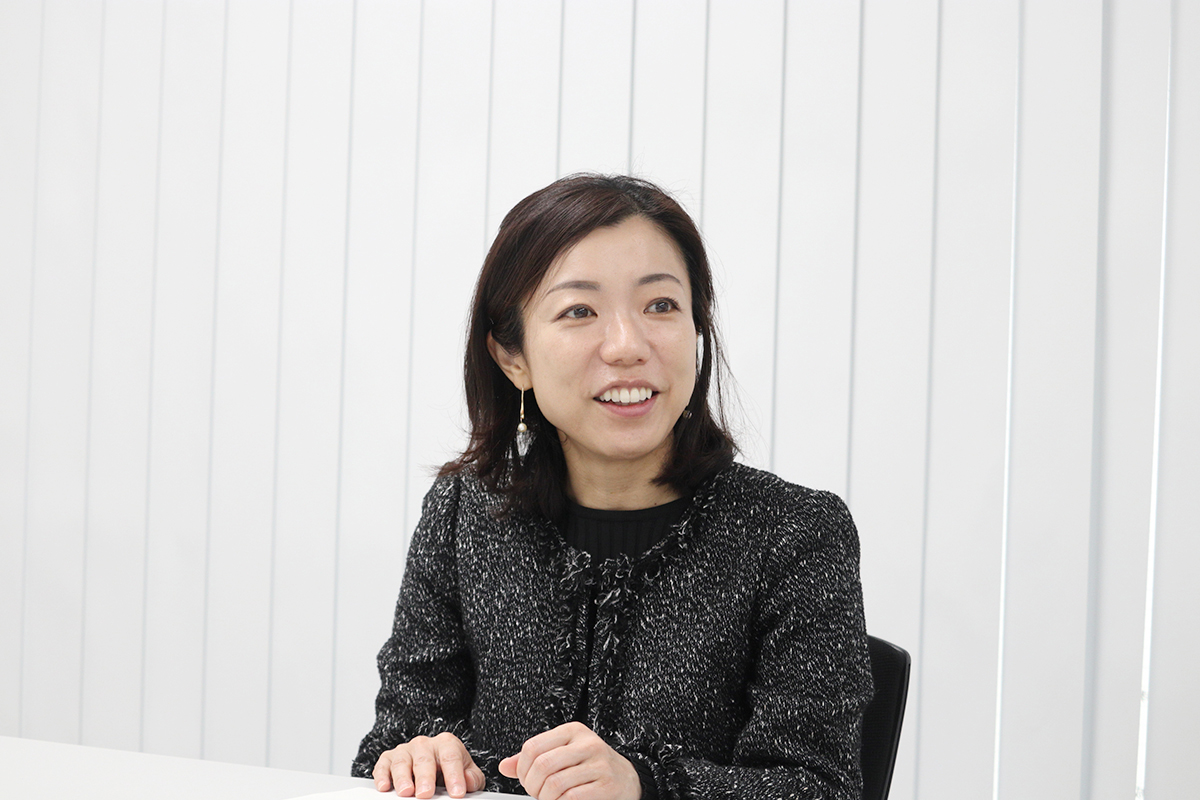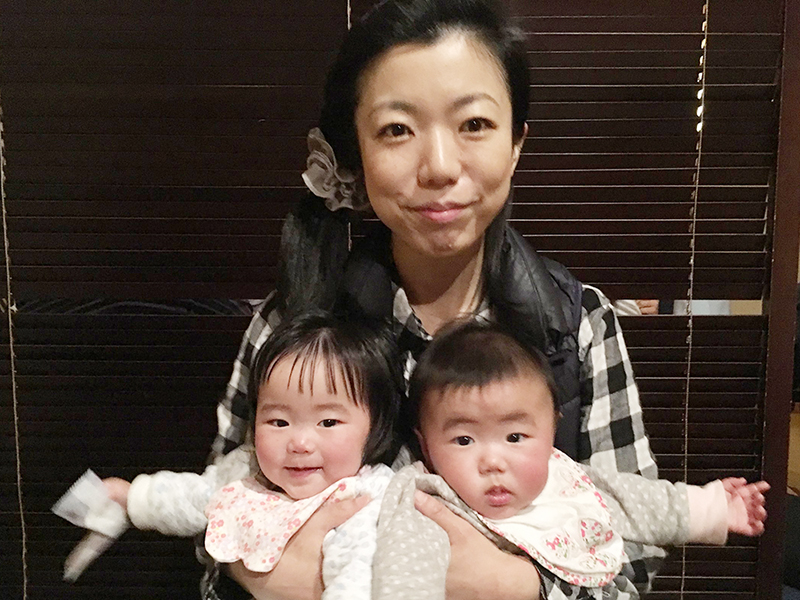
CiRA Reporter
CiRA Reporter

Focus
July 5, 2024
Balancing Research and Childcare: Creating a Fulfilling Work Environment - Vol. 1 —Changing Attitudes to Childcare Support is Key—
Work-life balance is an important topic for all workers. Especially for those raising children, balancing work and childcare is a major challenge.
Kyoto University actively promotes gender equality and has implemented various support measures to ensure career continuity during pregnancy, childbirth, and childrearing. CiRA has set up a counselling office and a women's resting room, and has also held a lecture on the importance of recognizing and overcoming "unconscious biases" such as gender inequality during recruitment, career development, and career progression.
Therefore, we focused on balancing research and childcare and interviewed three researchers who are raising children about their own experiences and the challenges of creating a fulfilling working environment for everyone.
In Part 1, we spoke to Professor Yukako Oda (Professor, Graduate School of Biostudies, Kyoto University / former Associate Professor, CiRA).

Professor Yukako Oda
Have you taken maternity or parental leave?
I have twin daughters, now seven years old and in second grade. I took maternity leave for two months each before and after childbirth and five months of childcare leave. I decided to take maternity leave until my daughters could hold their heads up. I thought it would be tough to take them to the nursery school if their necks weren’t strong enough yet. At the time, I was an assistant professor and had to prepare various reports at the end of the academic year, so I wanted to return to work before then. When I was ready to return to work, I asked my senior colleagues at work for information on nursery schools in advance and went from there to prepare.
How did taking maternity/parental leave affect your research?
It certainly delayed my research, but giving birth was my decision, so I was prepared to include it in my life with my scientific career. With that mindset, I did not feel rushed by the delay. It was more difficult after I returned to work. Sometimes, my daughters took turns being sick, so I had to take one to a childcare facility for kids not feeling well and the other to the regular nursery. It took lots of extra effort to deal with situations like these for the first year or so. I was fortunate to have help from my parents with housework and childcare.
How do you balance childcare and research?
My work hours now are shorter than before I gave birth, but I try to set priorities and work efficiently. I fix the time to finish my work when I must pick up my children from nursery school, so I concentrate on my work as much as possible. My husband also cooperates with me as much as he can. He also takes an active role in childcare, especially on his days off. Recently, once every two weeks, my husband takes care of the children the whole day, from morning to night, leaving me completely free to do my research and personal errands.
What support was helpful?
Aside from the regular nursery school my daughters go to daily, the Kyoto City Childcare Service for Sick Children and the Day Care Room for Infants on Waiting Lists for Nursery Schools at Kyoto University were extremely helpful. I also used the support from the Kyoto City Silver Human Resources Centre. In addition, I got significant help from a system Kyoto University set up called the "Research Support and Experimental Assistant Employment System," which helps with the cost of hiring assistants for researchers who have difficulty finding time for research due to childcare or nursing care.
Also, my supervisor at the time, Professor Fumiko Toyoshima (Institute for Life and Medical Sciences, Kyoto University), gave me encouraging words about pregnancy and childbirth, which helped a lot. For example, she told me that "pregnancy changes the hormonal balance and gives you many ideas for research." She also spoke cheerfully about her own experience of pregnancy and childbirth, making me feel less guilty for taking maternity leave. In addition, she naturally cared for me when I was sick with morning sickness. A good workplace atmosphere is important for anyone going through childbirth or childcare.
What do you think is needed to create a comfortable working environment for researchers raising children?
I think that childcare support in the workplace needs systemic and attitude changes. For systemic changes, it would be great if there is a way to reward those who work hard in both research and childcare. As for attitude changes, it is important to change everyone's attitude towards childbirth and childcare. Depending on the atmosphere in the workplace, people may hesitate to have children, or they may miss the chance to have children because they feel like they must prioritize submitting papers or looking for a job. We should create a workplace where this is less likely to happen.

Professor Oda and her twin daughters
when they were six months old.
-
Profile: Yukako Oda, Professor
Born in Hyogo Prefecture. Graduated with a Ph.D. from the Graduate School of Science, Kyoto University. After working as an Assistant Professor at the Graduate School of Medicine at Kobe University and the Institute for Life and Medical Sciences at Kyoto University, she became an Associate Professor at CiRA in 2022 and a Professor at the Graduate School of Biostudies, Kyoto University, in 2024. She discovered a peptide that induces intercellular adhesion and is working on the maintenance of organismal homeostasis based on that discovery. -
Interviewed and written by Yoko Miyake
Science Communicator, CiRA International Public Communications Office
(Translation: Kelvin Hui Ph.D., CiRA Research Promoting Office)






















